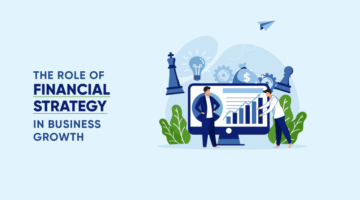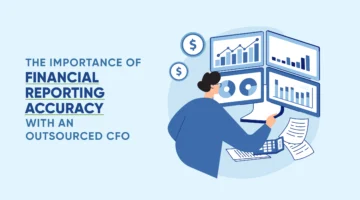Unveiling the E-commerce Evolution: Shaping a New Era of Consumer Engagement
Remarkable Change in E-commerce Trends
Recent e-commerce trends have exhibited remarkable significance when compared to the past. Notably, there has been a noteworthy 1.8 percentage point increase from the growth rate observed in 2022, which came after a substantial dip experienced in 2021. This growth rate indicates the enduring expansion of e-commerce and a shift in consumer behavior toward digital platforms. Despite the pandemic-induced surge in 2021, the fact that the growth rate remains positive demonstrates the lasting impact of the pandemic on consumer habits, with a sustained reliance on online shopping even as restrictions have eased. Additionally, the dominance of mobile commerce has played a pivotal role in this growth, as more consumers rely on smartphones and improved internet connectivity for their shopping needs. These trends collectively underline the increasing importance of e-commerce in the retail sector and its ability to adapt to changing circumstances.
Notable E-commerce Trends
- Omnichannel Shopping Experience: E-commerce has evolved beyond traditional online stores. Retailers now offer an omnichannel approach, integrating their online and offline operations. This allows customers to seamlessly switch between online browsing, in-store shopping, and curbside pickups. The significance lies in providing a more convenient and flexible shopping experience, allowing customers to choose how they want to interact with retailers.
- Rise of Social Commerce: Social media platforms have transformed into powerful e-commerce channels. With shoppable posts and in-app purchasing features, consumers discover and buy products directly from social media platforms. This trend is significant as it capitalizes on the vast userbase and engagement levels of social media, allowing businesses to reach and convert customers in a more streamlined manner.
- Personalization and AI: Advanced technologies, such as artificial intelligence (AI) and machine learning, have revolutionized e-commerce personalization. Retailers now leverage customer data to offer personalized product recommendations, tailored marketing messages, and customized shopping experiences. This trend is significant as it enhances customer satisfaction, increases conversions, and fosters long-term customer loyalty.
- Sustainable and Ethical Practices: Consumers increasingly prioritize sustainability and ethical practices when purchasing. E-commerce brands respond by adopting eco-friendly packaging, offering sustainable product options, and communicating their moral commitments transparently. This trend is significant as it aligns with changing consumer values and allows businesses to differentiate themselves while contributing to a more sustainable future.
- Voice Commerce: Voice assistants, such as Amazon’s Alexa and Google Assistant, are driving the growth of voice commerce. Consumers now use voice commands to search for products, place orders, and receive personalized recommendations. This trend is significant as it simplifies the shopping process, especially in hands-free situations, and opens new business opportunities to engage with customers.
Empower Business and Cater to the Client
These recent e-commerce trends empower businesses to better understand and cater to customer preferences while adapting to evolving technology and consumer demands. These trends empower businesses to offer more convenient, personalized, and sustainable shopping experiences, aligning with evolving consumer preferences and contributing to long-term customer loyalty. The adoption of advanced technologies and the integration of online and offline channels have reshaped the retail sector, making e-commerce an integral part of modern commerce and driving its continued growth and relevance in the market.
Is your business taking advantage of e-commerce opportunities to reduce costs and increase your sales channels? Considering meeting with a financial consulting firm to discuss e-commerce opportunities and what that would look like in your industry.



